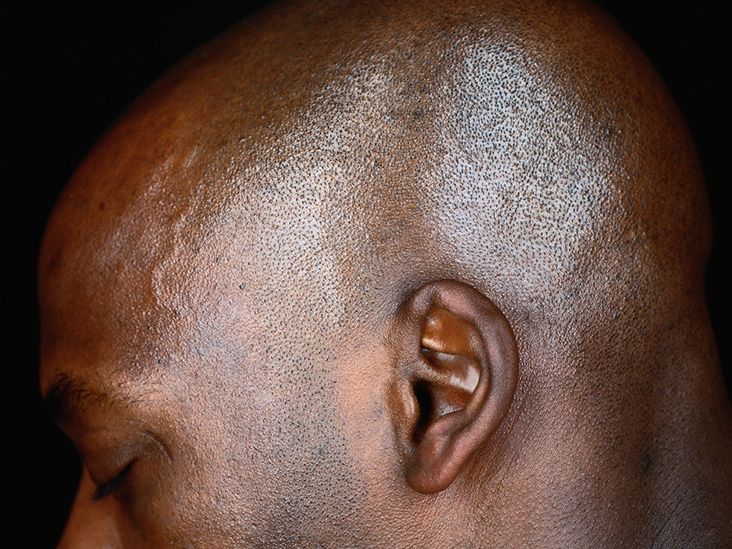Understanding the Causes of Crackling in Your Ear

Understanding the Causes of Crackling in Your Ear
Hearing crackling or popping sounds in your ear can be concerning. This phenomenon may be linked to conditions such as a middle ear infection, Eustachian tube dysfunction, or even issues with your jaw. Understanding the potential causes and available treatments can help you manage this discomfort effectively.
Common Causes of Ear Crackling Sounds
Crackling noises in the ear can arise from various underlying issues. Below, we explore some frequent culprits:
Eustachian Tube Dysfunction
Your Eustachian tubes play a vital role in maintaining ear health by connecting the middle ear to the back of the throat. They are usually closed but open during activities like swallowing or yawning. Dysfunction occurs when these tubes fail to open properly, leading to unwanted sounds in the ear.
- Functions of the Eustachian Tube:
- Equalizing ear pressure
- Draining fluid
- Preventing infections
- Protecting from loud sounds
Symptoms accompanying Eustachian tube dysfunction may include:
- Ear fullness or pressure
- Pain or discomfort
- Muffled hearing
- Tinnitus (ringing in the ears)
- Dizziness
Acute Otitis Media
This is an infection of the middle ear, more prevalent in children than adults. It often develops when Eustachian tubes are blocked, resulting in fluid buildup and infection.
Symptoms can include:
- Ear pain
- Fluid drainage
- Difficulty hearing
- In children: fever, irritability, and decreased appetite
Earwax Buildup
Earwax protects and lubricates the ear canal; however, excessive production can lead to blockages. Symptoms of earwax buildup include:
- Crackling noises
- Pain or discomfort
- Feeling of fullness
- Ringing or itching in the ear
- Partial hearing loss
Temporomandibular Joint Disorders (TMD)
The temporomandibular joint connects the jawbone to the skull and can cause sounds close to the ear due to stress or injury.
Symptoms of TMD may include:
- Clicking or popping sounds during jaw movement
- Pain near the jaw or ears
- Jaw stiffness
- Limited movement of the jaw
Middle Ear Myoclonus (MEM)
This rare form of tinnitus occurs due to spasms in the ear's muscles. The sounds produced can vary in intensity and pitch.
- Characteristics of MEM sounds include:
- Rhythmic or irregular patterns
- Intermittent or continuous noise
When to Consult a Healthcare Professional
If you are experiencing crackling in your ears accompanied by any of the following symptoms, seek medical advice:
- Disruption to daily activities or hearing
- Severe or persistently worsening symptoms
- Signs of infection, such as discharge or severe pain
Diagnosis Procedures
Your doctor may conduct a thorough examination of your ear, throat, and jaw. Diagnostic tests can include:
- Ear pressure assessments
- Hearing examinations
- Imaging, like CT or MRI scans.
Treatment Options
Effective treatment for ear crackling depends on its underlying cause. Common interventions may include:
- Antibiotics for infections
- Professional earwax removal
- Insertion of ear tubes for fluid drainage
- Balloon dilation techniques for Eustachian tube obstruction
- Medications for TMJ relief
Home Remedies for Ear Crackling
For mild cases of ear crackling, the following home remedies may help:
- Eustachian tube opening: Try yawning, swallowing, or chewing to relieve pressure.
- Nasal irrigation: A saline rinse can clear excess mucus.
- Earwax softening: Use mineral oil or hydrogen peroxide to loosen earwax.
- Over-the-counter medications: Consider NSAIDs for pain relief or decongestants for blockage.
Prevention Strategies
To reduce the risk of conditions that lead to ear crackling, consider the following tips:
- Practice good hygiene to prevent respiratory infections.
- Avoid inserting cotton swabs into your ears.
- Minimize exposure to environmental irritants.
- Use ear protection in loud environments.
Frequently Asked Questions
What does crackling in the ear signify?
Crackling can be a benign reaction, possibly due to recent illnesses or earwax issues, but it may also indicate an infection.
What does fluid in the ear sound like?
Fluid presence may sound like popping or pressure, often accompanied by a sensation of fullness.
How is Eustachian tube drainage promoted through massage?
Gentle pressure applied to the area behind the ears may help open Eustachian tubes and alleviate discomfort, although evidence of efficacy is limited.
Will the clicking noise go away on its own?
Many people find that with appropriate care, including earwax removal or treatment for infections, the noise diminishes over time.
Conclusion
Experiencing crackling or popping sounds in your ears can stem from various health conditions. While home remedies may alleviate mild symptoms, it’s essential to consult a healthcare professional if discomfort persists or worsens.
